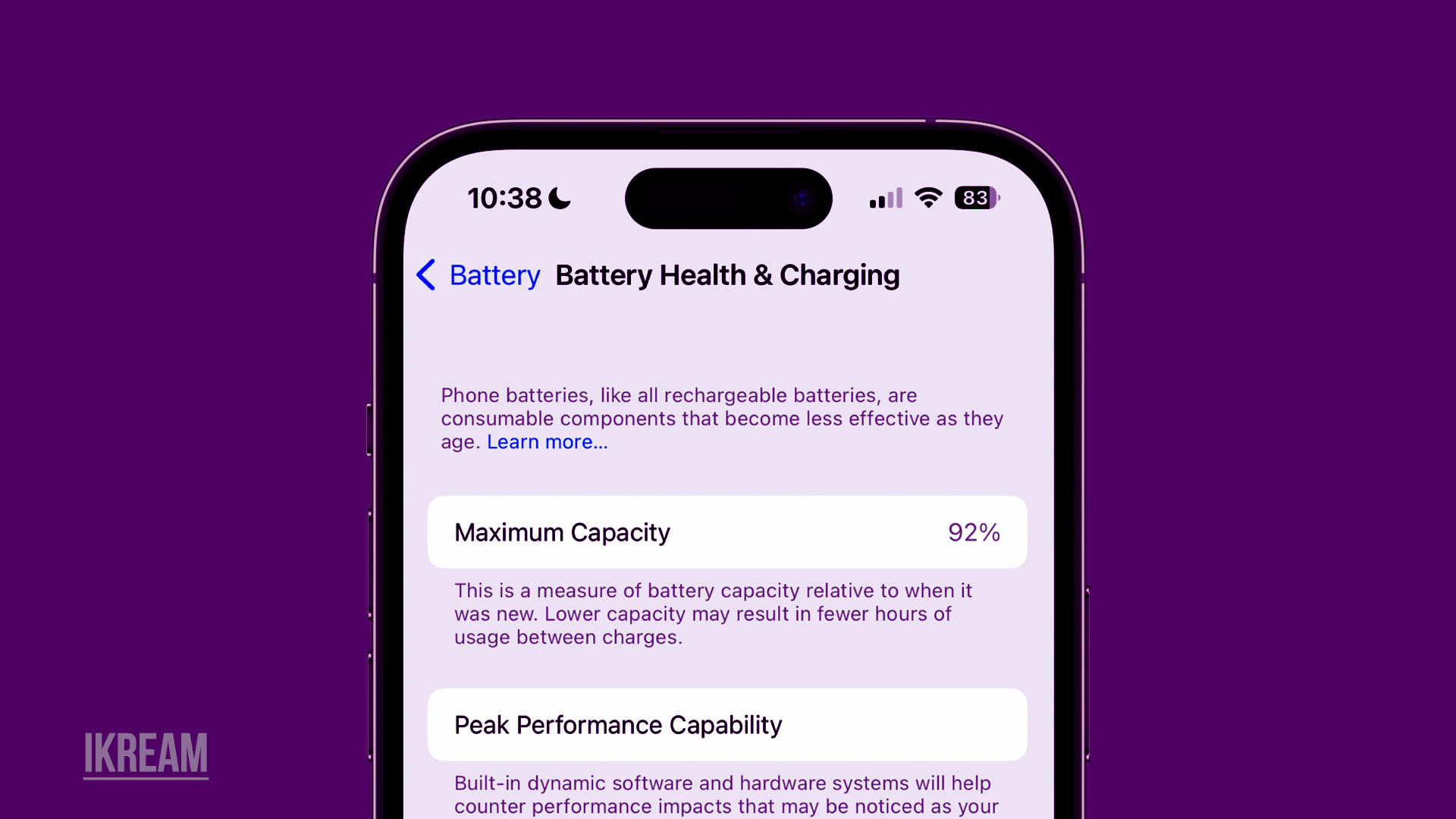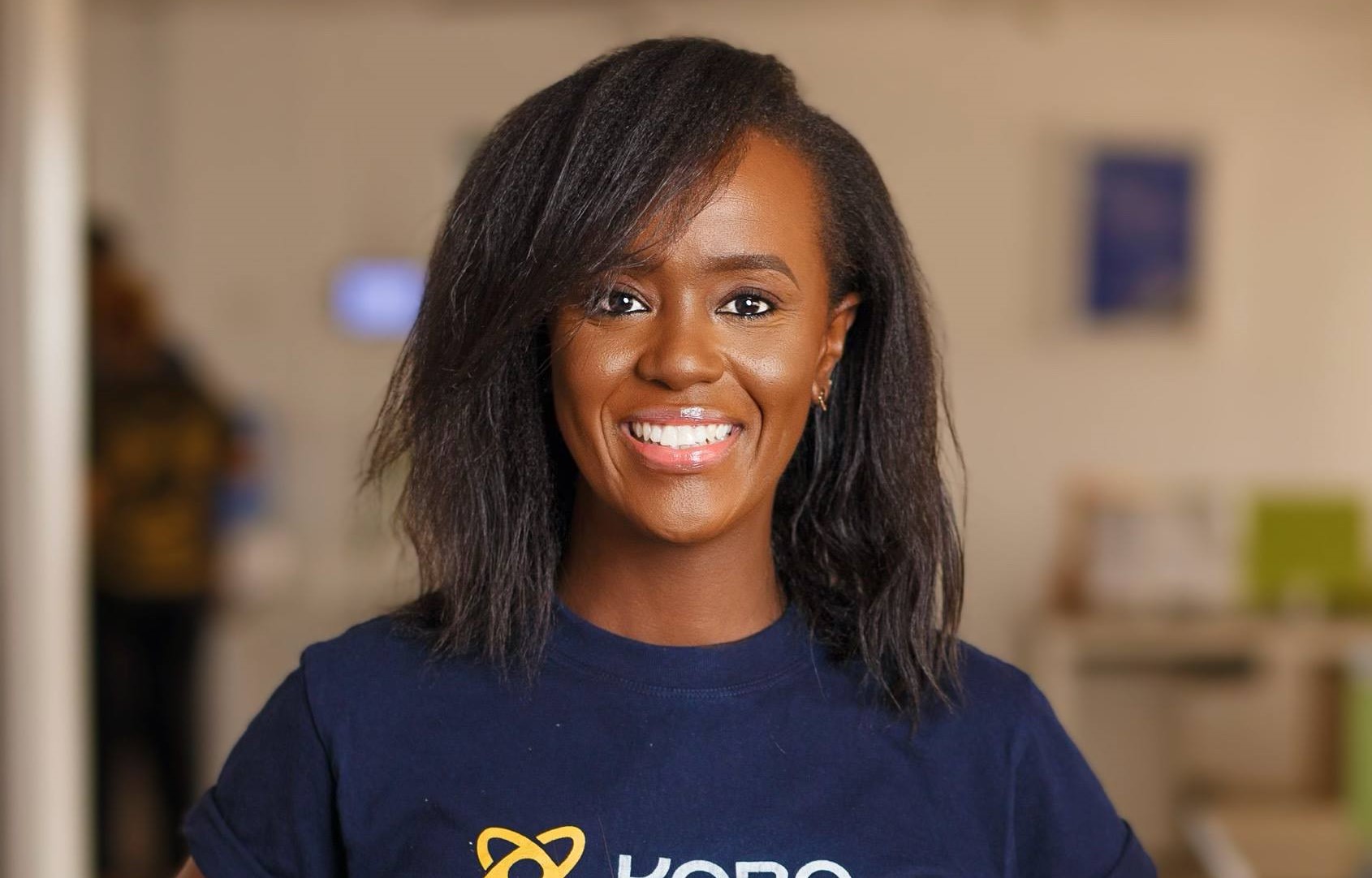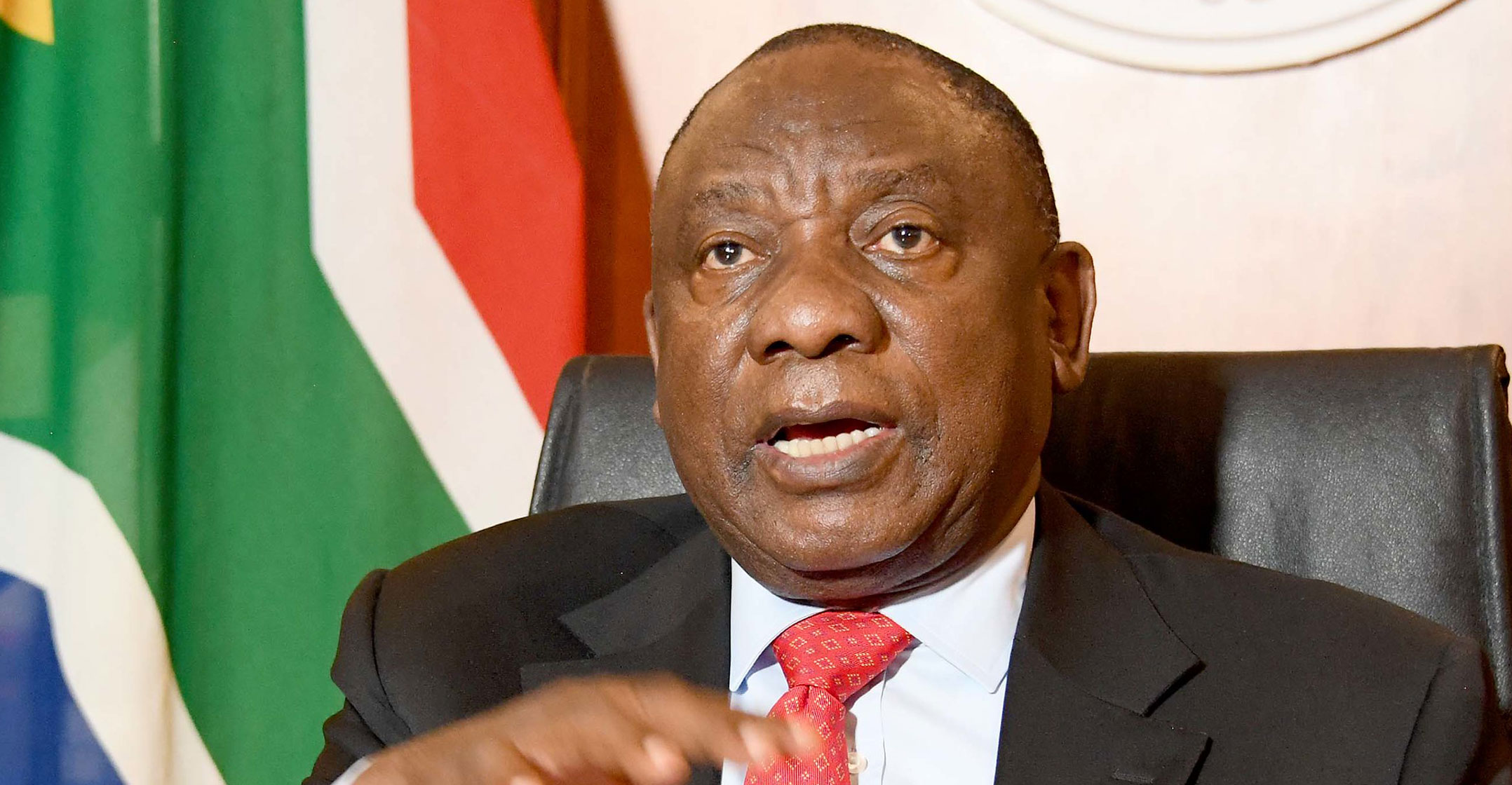Djembe Consultants has announced a six-month campaign in Cairo, Egypt to celebrate the Consultancy’s 10th anniversary by showcasing a diverse team, clients and partners.
Djembe Consultants is an award-winning consultancy that specialises in the African and Middle Eastern (MEA) regions.
Since its founding, Djembe has successfully assembled an interdisciplinary group of foreign communications experts and homegrown talent from across the Middle East and Africa. In the Middle East and Africa (MEA), the Consultancy has emerged as a trusted advisor to local, regional, and global organisations thanks to its multinational approach, which combines local insights with global best practices.
In addition to reaching out to significant international markets in the Americas, Asia, and Europe, the Djembe team has supported strategic communications and reputation management projects in 36 African and 13 MENA nations over the past decade.
Read also: Students design exam papers distribution robot in Egypt
In the second half of 2023, Djembe will highlight ten years of achievements in funding initiatives that have spread a message of hope, prosperity, diversity, and originality. Djembe’s special place in the innovation ecosystem will be highlighted in the commemorative campaign, as will the Consultancy’s role as a driver of expansion and new business creation across a wide range of sectors in the Middle East and North Africa.
CEO Mitchell Gary Prather of Djembe Consultants made the following statement in honour of the firm’s 10-year anniversary: “As Djembe Consultants celebrates our 10-year anniversary, we have a great opportunity to reflect on our successes. This is a huge accomplishment that is proof of the value we provide to our clients and the excellence of the Djembe team. Our substantial presence in Africa and the Middle East has allowed us to run intensive workshops for incubator and accelerator programmes, provide guidance to hundreds of startups and innovators, and raise over $3 million for businesses in the region. To further improve trade finance and societal growth, the Djembe group has backed multi-billion dollar client commitments.
Djembe will use its tenth anniversary to look forward as well as backward, detailing its plans for the next decade. A diverse range of clients in key economic growth sectors and an ambitious social development agenda have helped the firm secure a steady stream of mandates from MENA-based organisations, putting it in a strong position to continue supporting the region’s socioeconomic development.
Djembe’s determined and enthusiastic approach to planning and executing communication programmes has proved incredibly appealing to a wide range of clients, from SMEs to trade finance and development organisations, sovereign wealth funds, promising start-ups, and innovators.
The International Islamic Trade Finance Corporation has renewed its five-year client relationship with Djembe as its agency of record.
For the past five years, Djembe has spread awareness of the Zayed Sustainability Prize throughout Africa and the Middle East.
Djembe’s knowledge and experience have been put to use in a variety of areas, including anti-money-laundering and African Free Trade Agreement (AfCFTA) campaigns, investment funding, product launches, trade finance and development projects, and small and medium-sized enterprise (SME) accelerator programmes.
Djembe has been closely working with several organisations to help them recover from the consequences of the COVID-19 pandemic from the years before the outbreak.
Prather said, “As soon as the pandemic unfolded, Djembe leveraged our broad network to join forces with organisations large and small, public and commercial, to focus on helping communities realise the advantages emerging from attaining the UN Sustainability Development Goals. Djembe’s vast capabilities go well beyond merely supporting client efforts; they also advance a social development agenda by closing the digital divide, boosting financial literacy, fostering the adoption of green solutions, campaigning for the advancement of marginalised communities, and more. We can’t wait to show off all of our hard work and successful outcomes during our ten-year anniversary party later this year.
Egypt fintech Masroofi secures $1.5 million for expansion
About Djembe Consultants
Djembe Consultants, taking its name from a traditional West African drum, is a leading communications firm serving the Middle East and Africa. The company’s goal is to become the communications partner of choice in the MEA region by providing clients with world-class services that leverage the company’s global expertise, local market capabilities, and tailor-made solutions. A network of in-house specialised consultants in developed and emerging markets in Asia, Europe, North America, and the Middle East complements Djembe’s home-grown teams in Ghana, Egypt, Kenya, Morocco, and Nigeria.
Djembe is a full-service reputation management firm that aims to alter the public’s perception of Africa and the Middle East through its crisis communications, digital engagement, event management, expert positioning, international stakeholder engagement, media engagement, public affairs advice, brand development, and design application. The Consulting Firm provides guidance on global market entry strategies that account for the specifics of different MEA countries. Djembe’s reputation management services are founded on effective, data-driven communications strategies that frequently coincide with multifaceted stakeholder contexts.








